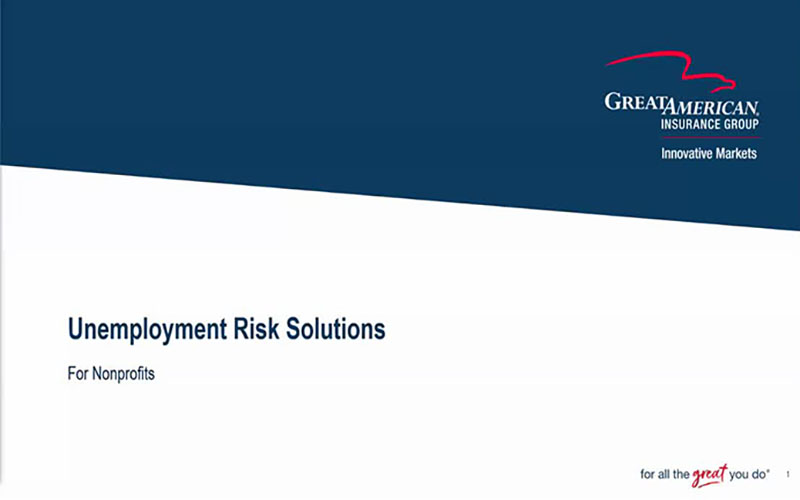Check Fraud Statistics that May Surprise You

According to the Financial Crimes Enforcement Network (FinCEN), mail theft-related check fraud is surging. Fraud, including check fraud, is the largest source of illicit proceeds in the United States and represents one of the most significant money laundering threats to the US. (FinCen Alert, February 27, 2023)
Since the COVID-19 pandemic, criminals have been increasingly targeting the U.S. Mail to commit check fraud. In its most recent survey, the United States Postal Inspection Service (USPIS) reports that they received 299,020 mail theft complaints from March 2020 through February 2021, an increase of 161% compared with the same period a year earlier. (Office of Inspector General, US Postal Service, p 5)
In 2021, financial institutions filed more than 350,000 Suspicious Activity Reports (SARs) to FinCEN to report potential check fraud, a 23% increase over the number of check fraud-related SARs filed in 2020. This upward trend continued into 2022, when the number of SARs related to check fraud reached over 680,000, nearly double the previous year’s number of filings. (Financial Crimes Enforcement Network | Data Reports)
Depository institutions have seen a steady increase in the number of reported cases of check fraud. Since 2014, there has been a 158% increase in reporting. (FinCEN Suspicious Activity Report, Exhibit 5, Depository Institutions)
- In 2021, there were 324,365 suspicious activities reported by depository institutions involving
personal or business checks. The number of suspicious activities involving bank/cashier’s checks is also rising. (FinCEN Suspicious Activity Report, Exhibit 9, Depository Institutions)
According to USPIS, mail theft-related check fraud is increasingly committed by non-USPS employees, ranging from individual fraudsters to organized criminal groups comprised of the organizers of the criminal scheme, recruiters, check washers, and money mules. (FinCEN Alert, 2023)
The number of fake check scams reported to the FTC has steadily increased, and so have the dollars lost. In its most recent Data Spotlight, Don’t Bank on a “Cleared” Check, the FTC reports that consumers lost more than $28 million to fake check scams in 2019 alone. The median loss reported was $1,988. That’s more than six times the median loss on all frauds tracked by the FTC.
Check fraud can often occur through social media platforms. According to the Federal Trade Commission, more than 95,000 people reported about $770 million in losses to fraud initiated on social media platforms in 2021. (FTC – Social media gold mine for scammers in 2021)
According to a recent survey of treasury practitioners at organizations, checks are still the payment method most vulnerable to fraud, with 64% of survey respondents reporting their organization faced fraud activity via checks. (Association for Financial Professional)
At the start of 2023, experts estimated that check fraud could reach $24 billion or more. (Payments – I generalized to “experts” hoping we could potentially utilize? – Frank McKenna)
The Postal Inspection Service reports that armed robberies of letter carriers increased sharply between 2018 and 2021, rising from 36 incidents to 154 incidents. The arrow keys can command thousands of dollars on the clandestine market because they allow access to cluster mailboxes and their contents. (Senate Press Release)
While the number of checks is declining, Federal Reserve collected nearly $9 trillion dollars in commercial checks in 2022. (Commercial Checks Collected through the Federal Reserve)
The average check value at the end of 2022 for a commercial check was $2,652. (Federal Reserve)
- From October 2022 to March 2023, the US Postal Service Office of Inspector General reported over $6 million in fines/restitutions and recoveries, as well as 184 criminal convictions from mail theft. (Post Office Semi Annual Report to Congress – Spring 2023, Appendix, p 49)
Your Partner in Crime®
Since 1995 we’ve been insuring clients from crime related losses. We have a depth of experience in both underwriting and claims that is unmatched in the marketplace. Discover how our specialization and expertise provide the advantage to address your unique needs.
Learn More







.jpeg?sfvrsn=dbf923b1_1)




.jpeg?sfvrsn=c50521b1_1)
